"Spring cleaning of economy begins"
Tuesday, 07.05.2013.
10:57

BELGRADE "Spring cleaning of economy begins" “We have already drawn up a plan to this effect and will be submitting it to the government for approval after the [May Day and Orthodox Easter] holidays. It will mean putting a ceiling on spending for some budget beneficiaries by reducing their quotas and effectually cutting costs. The overall effect of these measures will be savings of about 30 billion dinars by the end of the year.” Where will this saving be apparent? “This will be effective immediately, beginning in May, which is to say, without carrying out a budget revision and only on the basis of the government's decision on reducing quotas for some ministries, including the one that I head.” In what areas? “Practically, we have to make the money that we have go a long way. The collection of profit tax fell short of the plan for the simple reason that last year's profits, which were used as the base of assessment, were very low because the economy was in a disastrous state. Last year was the worst economic year for the past 12 years. VAT revenues will be about 20 billion dinars below plan because of a drop in trade. Fine cut tobacco trafficking will have deprived the budget of some 7 billion dinars in excise duty by the end of the year. What are we going to do as government? We will not allow budget spending to be as high as possible, but will limit it by different quotas per ministry.” Who else will have their funding curtailed? “We will also reduce subsidies to lame-duck companies, there is no doubt about that. A cut in the ministries' material expenses will save us about 2.4 billion dinars. (…) As for the wages and pensions, there will be no change (…) there will even be a small increase, since wages and pensions are planned to go up by 2 percent in May — this has been decided and this decision is being implemented.” Are these the measures that you will be putting before an IMF delegation when it arrives? “Yes. We will discuss this with the IMF delegation, too. I have already put this plan to them and they fully agree with it, because the idea is that we have to adapt spending to the real possibilities of the budget. The IMF mission is due here on May 8 and we will resume discussions with them on how to implement all this so as to maintain in the medium term this present stability that we have achieved after the government's first nine months in office.” How many laws will be changed? “We mean to amend six taxation laws. (…) We will aim for unburdening the economy to the tune of about 2 billion dinars a year by reducing income tax from 12 percent to 10 percent and raising the nontaxable part of income from the present 8,700 dinars to 11,000 dinars. Meanwhile, we will raise payments into the pension fund from the present 22 percent to 24 percent. The effect of this taxation reform will be to increase payments into the pension fund and reduce budget transfers into the fund on the one hand and to unburden the economy on the other by raising the nontaxable portion of income.” How will the question of state-owned companies be resolved? “The month of May will certainly see a much more thorough spring cleaning in the economy. There are several aspects there, too. The idea is that in May, the government should approve a reindustrialization proposal coordinated with the businesses and the economists, so as to decide which industries will in future be the motor power of Serbia's economic development. A growth of 2 percent certainly cannot help to raise the living standards of the people of Serbia. What we need is a much more robust growth." What does this plan comprise? “We will present an action plan for completing the restructuring of unprofitable state-owned companies. There are more than 160 such companies in Serbia at this moment, which generate huge losses from one year to the next and which not only receive government subsidies, but also default on the payment of electricity, gas, and utilities rates and their overall expenses are much higher. The World Bank has calculated that they cost Serbia close to 1 billion euros a year. A third thing that we are doing and about which the government needs to adopt a united position is a strategy for state owned companies, which means deciding from the management of which of these companies the government should pull out and also in which of them the government should relinquish both its management and its ownership. There are companies where it would make sense to relinquish both ownership and management completely and then use the money thus generated to reduce public debt, which is to say acquit the country's debts.” Do you agree with the energy minister's recommendation in the matter of Srbijagas? “Srbijagas's present way of doing business is certainly untenable, because at present, it has debts amounting to about 800 million euros for which it has obtained government guarantees and a further debt in excess of 200 million euros without any guarantees at all. Srbijagas has not paid Naftna Industrija Srbije (NIS) a single dinar for oil deliveries since January 1 of last year. It is making no payments at all. Even Russian Prime Minister Medvedev approached me and Prime Minister Dacic in Moscow with a request that this matter should be resolved. This kind of policy is untenable. “What is the solution — I am not the only one that should be making a decision on this head, but I support all those in the government that believe that Srbijagas's business operation needs to be radically changed, because at the moment, it is the company that generates almost the highest losses in Serbia." Mladjan Dinkic (Tanjug, file) Blic, VIP “Budget revenues in the first four months of the year were below plan. Due primarily to a drop in trade and due to fine cut tobacco trafficking, we are forced to reduce public spending by about 30 billion dinars (roughly 270 million euros) by the end of the year,” Minister of Finance and the Economy Mladjan Dinkic has said in an interview for by the Belgrade daily Blic. "The idea is that in May, the government should approve a reindustrialization proposal coordinated with the businesses and the economists, so as to decide which industries will in future be the motor power of Serbia's economic development. "
"Spring cleaning of economy begins"
“We have already drawn up a plan to this effect and will be submitting it to the government for approval after the [May Day and Orthodox Easter] holidays. It will mean putting a ceiling on spending for some budget beneficiaries by reducing their quotas and effectually cutting costs. The overall effect of these measures will be savings of about 30 billion dinars by the end of the year.”Where will this saving be apparent?
“This will be effective immediately, beginning in May, which is to say, without carrying out a budget revision and only on the basis of the government's decision on reducing quotas for some ministries, including the one that I head.”
In what areas?
“Practically, we have to make the money that we have go a long way. The collection of profit tax fell short of the plan for the simple reason that last year's profits, which were used as the base of assessment, were very low because the economy was in a disastrous state. Last year was the worst economic year for the past 12 years. VAT revenues will be about 20 billion dinars below plan because of a drop in trade.
Fine cut tobacco trafficking will have deprived the budget of some 7 billion dinars in excise duty by the end of the year. What are we going to do as government? We will not allow budget spending to be as high as possible, but will limit it by different quotas per ministry.”
Who else will have their funding curtailed?
“We will also reduce subsidies to lame-duck companies, there is no doubt about that. A cut in the ministries' material expenses will save us about 2.4 billion dinars. (…) As for the wages and pensions, there will be no change (…) there will even be a small increase, since wages and pensions are planned to go up by 2 percent in May — this has been decided and this decision is being implemented.”
Are these the measures that you will be putting before an IMF delegation when it arrives?
“Yes. We will discuss this with the IMF delegation, too. I have already put this plan to them and they fully agree with it, because the idea is that we have to adapt spending to the real possibilities of the budget. The IMF mission is due here on May 8 and we will resume discussions with them on how to implement all this so as to maintain in the medium term this present stability that we have achieved after the government's first nine months in office.”
How many laws will be changed?
“We mean to amend six taxation laws. (…) We will aim for unburdening the economy to the tune of about 2 billion dinars a year by reducing income tax from 12 percent to 10 percent and raising the nontaxable part of income from the present 8,700 dinars to 11,000 dinars. Meanwhile, we will raise payments into the pension fund from the present 22 percent to 24 percent.
The effect of this taxation reform will be to increase payments into the pension fund and reduce budget transfers into the fund on the one hand and to unburden the economy on the other by raising the nontaxable portion of income.”
How will the question of state-owned companies be resolved?
“The month of May will certainly see a much more thorough spring cleaning in the economy. There are several aspects there, too. The idea is that in May, the government should approve a reindustrialization proposal coordinated with the businesses and the economists, so as to decide which industries will in future be the motor power of Serbia's economic development. A growth of 2 percent certainly cannot help to raise the living standards of the people of Serbia. What we need is a much more robust growth."
What does this plan comprise?
“We will present an action plan for completing the restructuring of unprofitable state-owned companies. There are more than 160 such companies in Serbia at this moment, which generate huge losses from one year to the next and which not only receive government subsidies, but also default on the payment of electricity, gas, and utilities rates and their overall expenses are much higher. The World Bank has calculated that they cost Serbia close to 1 billion euros a year.
A third thing that we are doing and about which the government needs to adopt a united position is a strategy for state owned companies, which means deciding from the management of which of these companies the government should pull out and also in which of them the government should relinquish both its management and its ownership. There are companies where it would make sense to relinquish both ownership and management completely and then use the money thus generated to reduce public debt, which is to say acquit the country's debts.”
Do you agree with the energy minister's recommendation in the matter of Srbijagas?
“Srbijagas's present way of doing business is certainly untenable, because at present, it has debts amounting to about 800 million euros for which it has obtained government guarantees and a further debt in excess of 200 million euros without any guarantees at all. Srbijagas has not paid Naftna Industrija Srbije (NIS) a single dinar for oil deliveries since January 1 of last year. It is making no payments at all.
Even Russian Prime Minister Medvedev approached me and Prime Minister Dačić in Moscow with a request that this matter should be resolved. This kind of policy is untenable. “What is the solution — I am not the only one that should be making a decision on this head, but I support all those in the government that believe that Srbijagas's business operation needs to be radically changed, because at the moment, it is the company that generates almost the highest losses in Serbia."















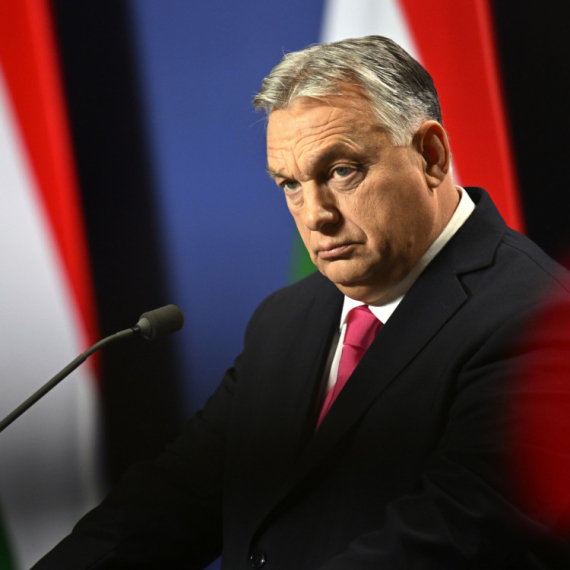
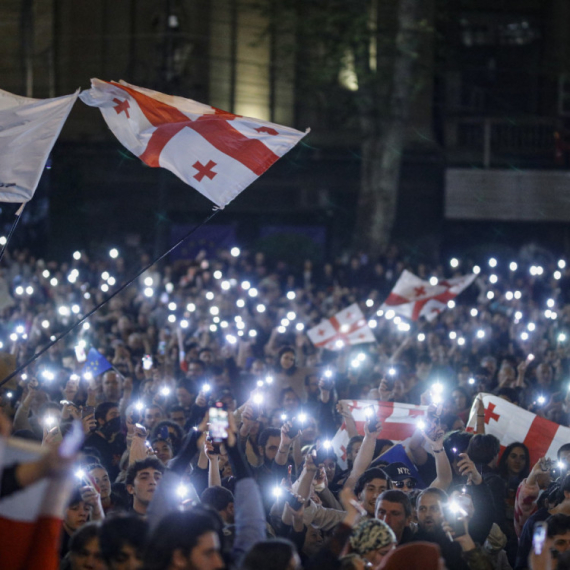








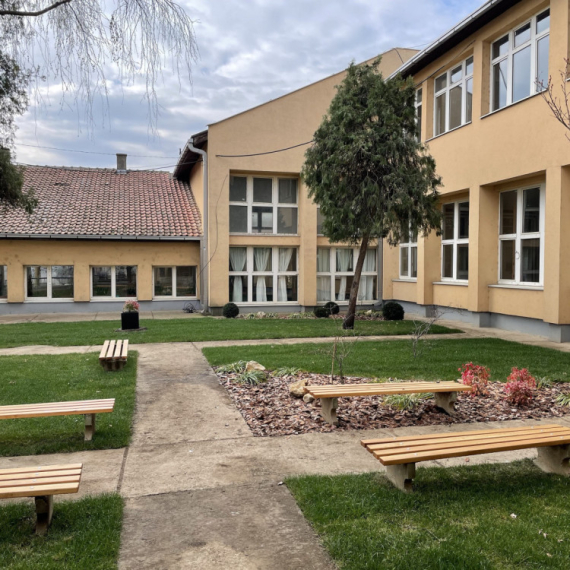










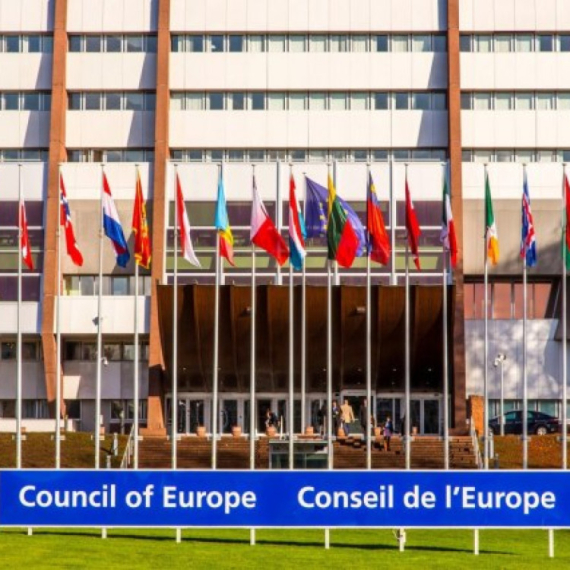











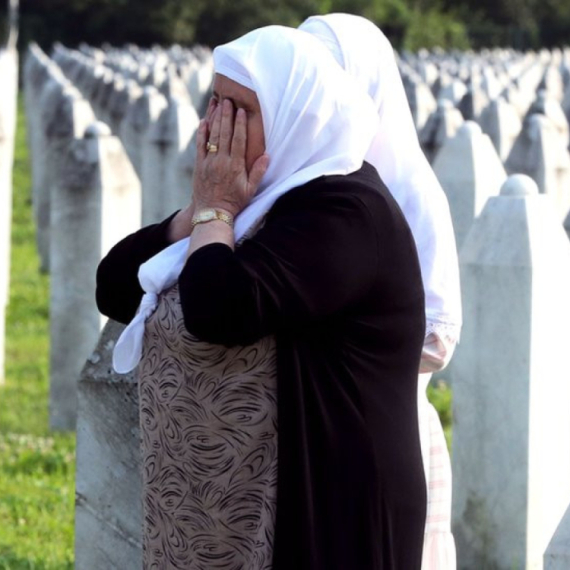
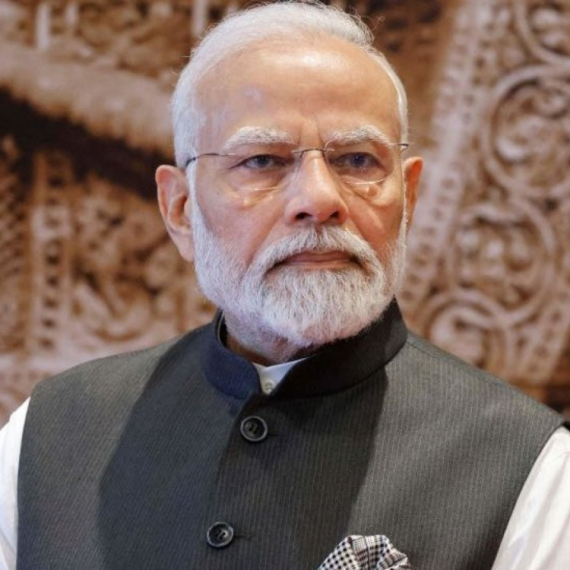

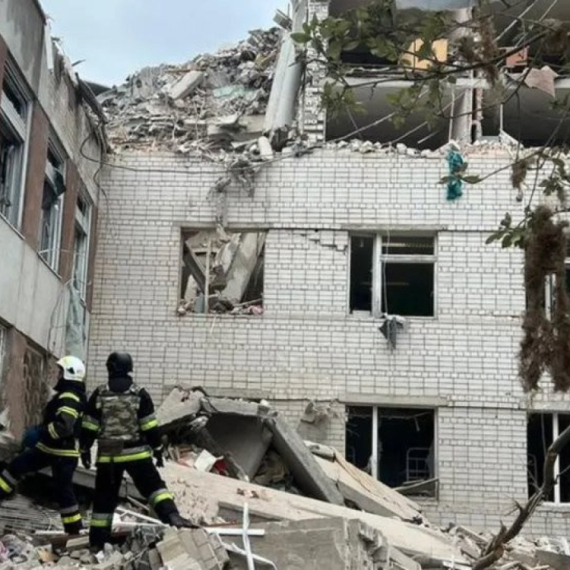

Komentari 1
Pogledaj komentare